Tell Oregon lawmakers: We need a strong Climate Justice Budget in 2025!


Federal climate rollbacks threaten our progress — and Oregon families can’t wait for clean energy, affordable heating and cooling, and climate resilience. Lawmakers are finalizing the state budget for the next two years. Now is the time to speak up for a strong Climate Justice Budget that protects communities, lowers energy bills, and creates clean energy jobs across the state

The Oregon State Senate will hold a floor vote on SB 88 - Get the Junk Out Rates to protect your families and your budget by holding large utility companies accountable. Can you email your legislators urging them to support this crucial legislation?
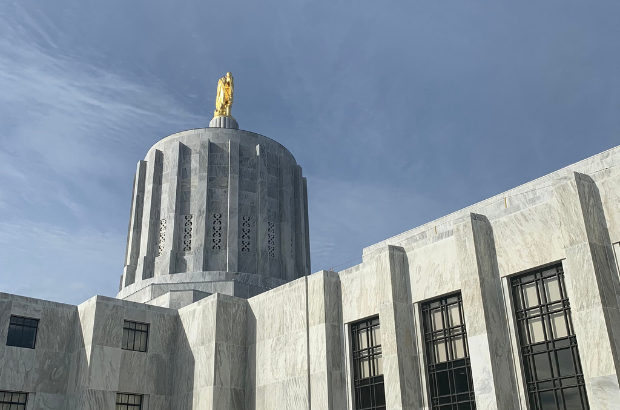
We’re officially over halfway through Oregon’s 2025 legislative session. Here’s the inside scoop on dynamics at the Capitol, the status of key clean energy and climate priorities, and how you can help keep the momentum going.
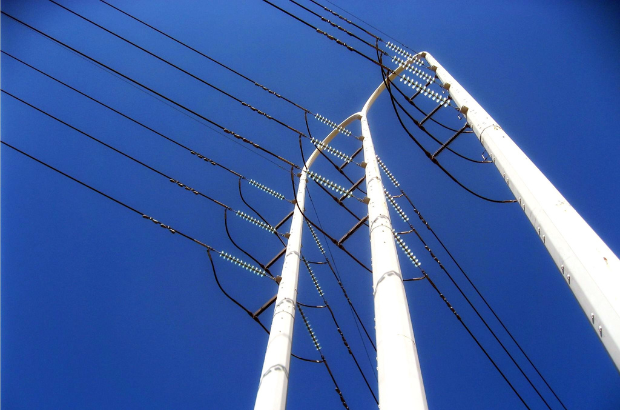
The 2025 transmission package is moving through the Oregon Legislature—and two critical bills are coming up for key votes TOMORROW, Tuesday, April 8. By helping expand and modernize Oregon’s transmission capacity, these policies will help meet growing energy demands, increase resilience to severe weather events like wildfires, and deliver the benefits of new wind, solar, and other renewable resources to Oregon families and businesses.
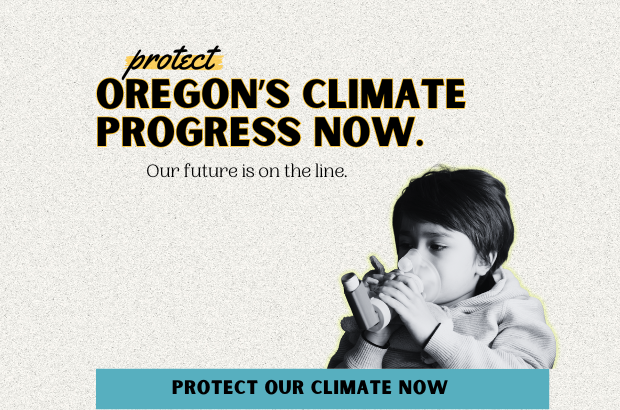
Every two years, Oregon’s top budget writers tour the state to hear from community members about which programs and services should be funded. With all the chaos and uncertainty being unleashed at the federal level, this couldn’t be a more critical moment for you to engage with legislators.
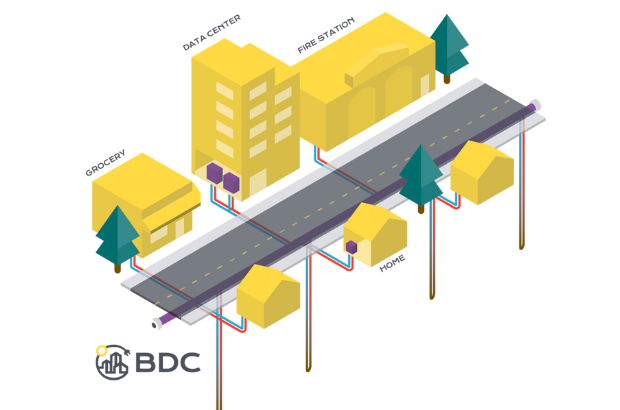
Action Alert for Oregon! Urge your legislator to support SB 1143 Thermal Energy Networks (TENs), a climate-friendly heating and cooling solution! This piece of legislation is key to decarbonizing our grid and utilizing existing infrastructure, a win-win technology.
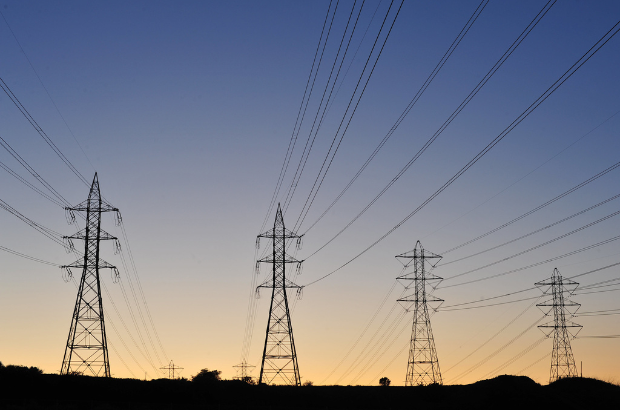
The transition to clean electricity and the surge in demand for electricity, require that electric utilities build more renewable energy projects and expand the transmission grid to deliver that new electricity to customers, that's where Grid Enhancement Technologies (GETs) come in!

While many of us are still reeling from the sticker shock we received from our energy bills after last year’s extreme winter weather, a new round of rate increases is right around the corner. If you are anything like me, many of you are thinking about those bills as you debate whether to turn up the heat or bundle up.
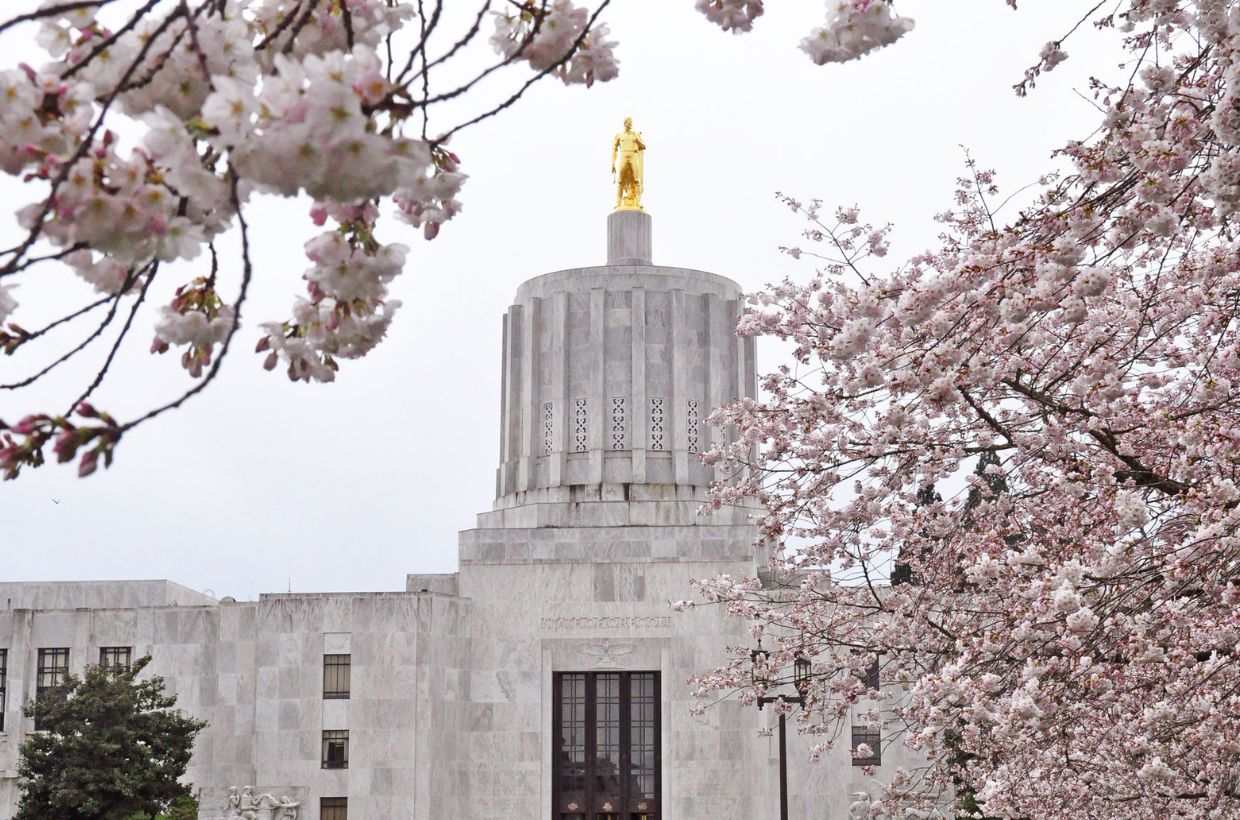
This work has never been more critical. The 2025 legislative session in Oregon presents a vital opportunity to secure needed investments and policies to achieve our climate goals, protect communities, cut costs for families, and grow Oregon’s economy.
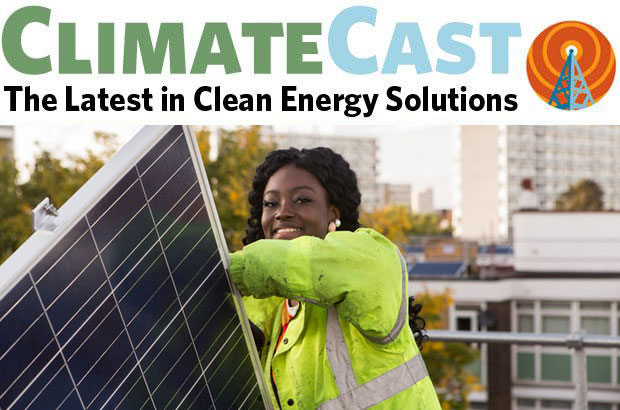
A new study confirms that Washington's landmark climate law is on track to catalyze more than $9.1 billion in economic output and create more than 45,000 jobs over eight years. Unless it's repealed.
Join our email list to learn about what we do and how to get involved.